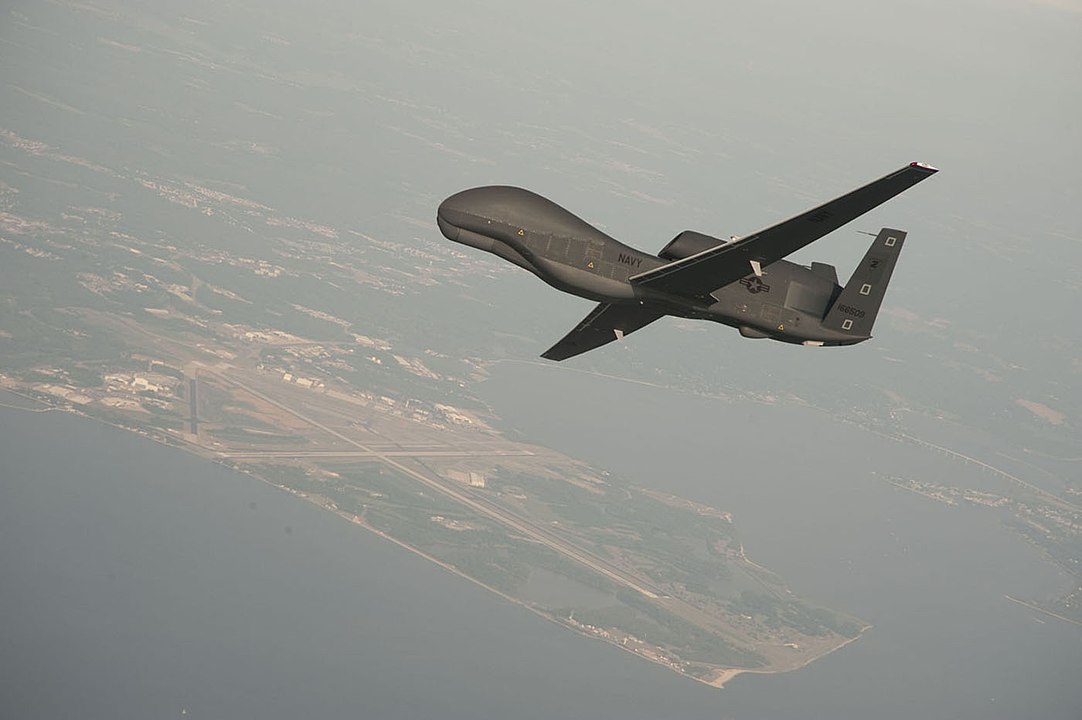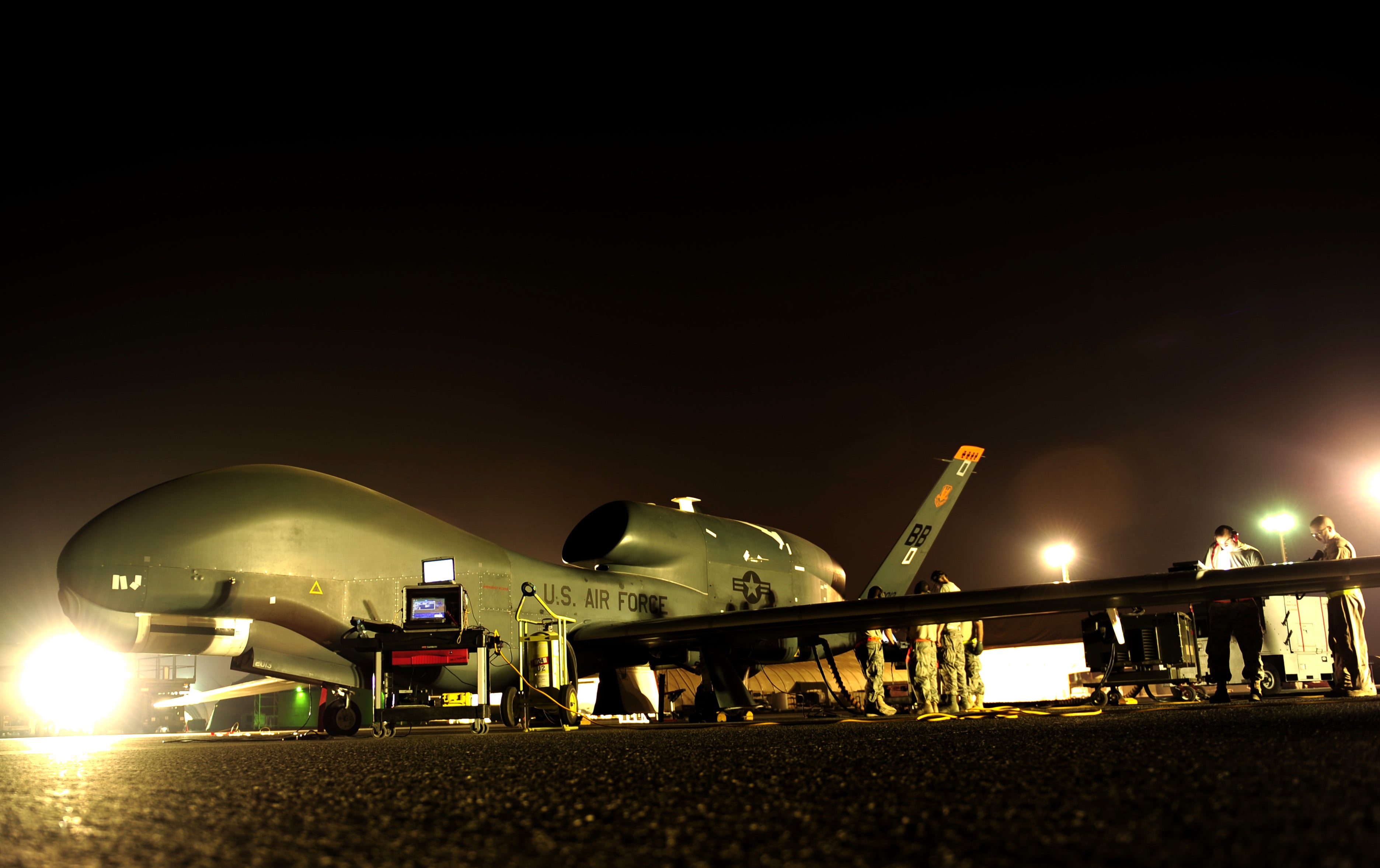Interim Report by UN Special Rapporteur Ben Emmerson on Drones in Counterterrorism Operations
You can find the interim report---the final won't be submitted to the U.N. Human Rights Council until 2014, apparently---here.
There's a good bit to pore over in the paper authored by Emmerson, with whom Lawfare chatted during his May fact-finding trip to the United States.
Published by The Lawfare Institute
in Cooperation With

You can find the interim report---the final won't be submitted to the U.N. Human Rights Council until 2014, apparently---here.
There's a good bit to pore over in the paper authored by Emmerson, with whom Lawfare chatted during his May fact-finding trip to the United States. (Just Security's Sarah Knuckey, who Emmerson consulted in the course of his work, has this handy summary.)
Emmerson's piece overviews, for example, various world regions where lethal drone attacks have been conducted; notes key areas of controversy between nations, regarding the legal framework applicable to drone strikes; and describes obstacles to transparency, including excessive claims of secrecy by, among others, the United States. (Emmerson acknowledges the United States' ongoing migration of certain counterterrorism operations from CIA to DOD, in part for transparency reasons.)
The report contains a brief "Conclusion and Recommendations" section, which reads as follows:
77. If used in strict compliance with the principles of international humanitarian law, remotely piloted aircraft are capable of reducing the risk of civilian casualties in armed conflict by significantly improving the situational awareness of military commanders.78. Having regard to the duty of States to protect civilians in armed conflict, the Special Rapporteur considers that, in any case in which civilians have been, or appear to have been, killed, the State responsible is under an obligation to conduct a prompt, independent and impartial fact-finding inquiry and to provide a detailed public explanation. This obligation is triggered whenever there is a plausible indication from any source that civilian casualties may have been sustained, including where the facts are unclear or the information is partial or circumstantial. The obligation arises whether the attack was initiated by remotely piloted aircraft or other means, and whether it occurred within or outside an area of active hostilities.79. The Special Rapporteur identifies herein a number of legal questions on which there is currently no clear international consensus. He considers that there is an urgent and imperative need to seek agreement between States on these issues. To that end he is currently consulting Member States with a view to clarifying their position on these questions. He urges all States to respond as comprehensively as possible.80. In particular, the Special Rapporteur urges the United States to further clarify its position on the legal and factual issues raised herein; to declassify, to the maximum extent possible, information relevant to its lethal extraterritorial counter-terrorism operations; and to release its own data on the level of civilian casualties inflicted through the use of remotely piloted aircraft, together with information on the evaluation methodology used.
Wells C. Bennett was Managing Editor of Lawfare and a Fellow in National Security Law at the Brookings Institution. Before coming to Brookings, he was an Associate at Arnold & Porter LLP.


-final.png?sfvrsn=b70826ae_3)


